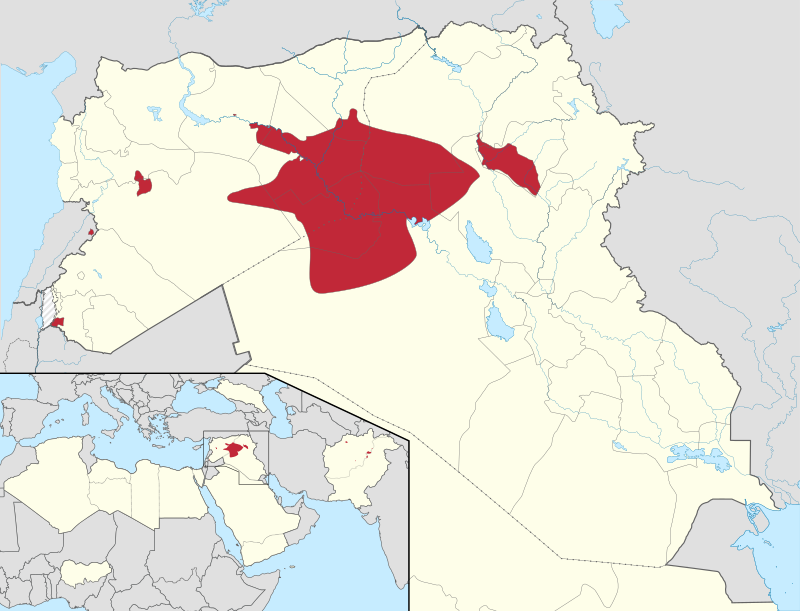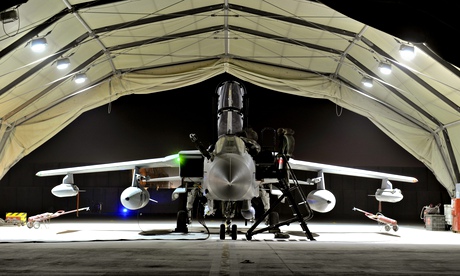War in Iraq seems to have become something of a hobby for the Anglo-American military-industrial complex. This time, though, we are not fighting the iron-fisted tyrant that was Saddam Hussein - instead, the enemy is a group of ultra-radical fundamentalist Islamists; a group whose interpretation of the Qur'an combins the worst evils of the early campaigns of bloodshed emanating from seventh-century Medina and more modern Wa'habist ideologies of an ultra-strict religious conservatism and adherence to a twisted brand of Sharia law. A target, therefore, one might think worthy of Britain's aggression? Perhaps.
The problem is, though, so much of the current problem is derived directly from the Iraq War of 2003 and the earlier Gulf War of 1990. Despite the protestations of senior government figures to the contrary, blowback from overseas theatres of war is a real and present problem, and the history of modern British and American involvement in the Middle East is scarred with it. From the Afghan campaigns of the 1980s, which kickstarted the rise of the Taliban, to the brutal murder of Drummer Lee Rigby last May - whose perpetrators explicitly stated their aim as revenge for slaughtered Muslims in Iraq - the US-UK alliance is dogged by bloody reprisals against their people for the governments' actions abroad.
 |
| The territory controlled by the IS as of 22/09/14 |
The success of the Islamic State, formerly an al-Qaeda offshoot, is based to a not inconsiderable degree on the violent actions of Western powers in the Middle East over the last half-century or so. The Arab Spring may have destabilised the region enough for ISIS to emerge in Syria, but it has been the justified hatred of Western interventionism which has helped to fuel its transformation from one of many small rebel groups set against the Assad regime to a de facto independent country straddling the borders of two of the regions former powers, and it is the weakness and sectarianism of Iraq in the wake of the Alliance's disastrous earlier invasion which has allowed the armies of Islamist extremism to run roughshod across the lands once home to the greatest civilisations on Earth.
So, here we go, back into Iraq. So far the UK - along with the other European powers participating in the action (Denmark and Belgium) - are loathe to expand operations into Syria, but now that the USA has taken that step, in defiance of Assad's protestations of illegality, it can only be a matter of time. This war will be one without borders, one which Cameron has said could take three years but which could easily last five times that. Another war in an unstable area, and what will we be left with at the end of it? Two shattered states, a Middle East infected with a stronger poison of religious extremism than ever before and greater and greater hatred for the 'Great Satan' of Western intervention.
And that's assuming we even win.













